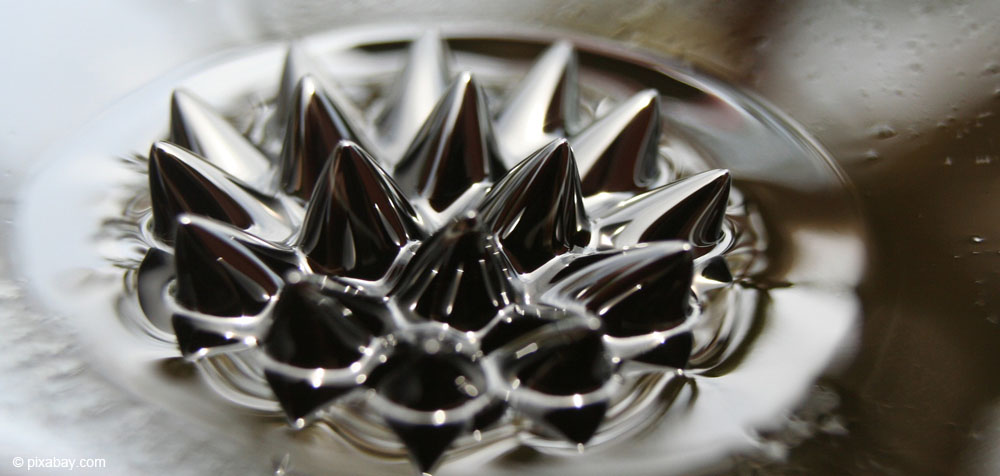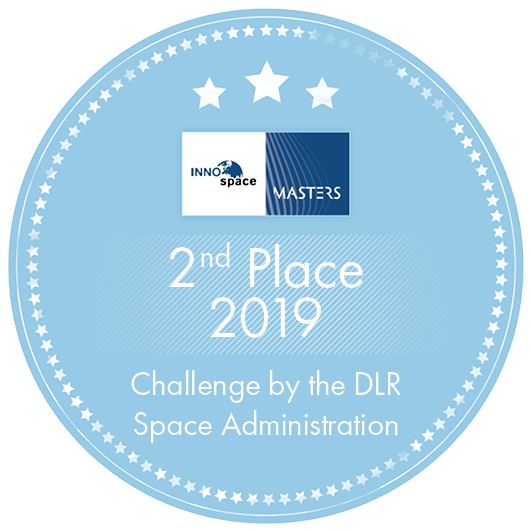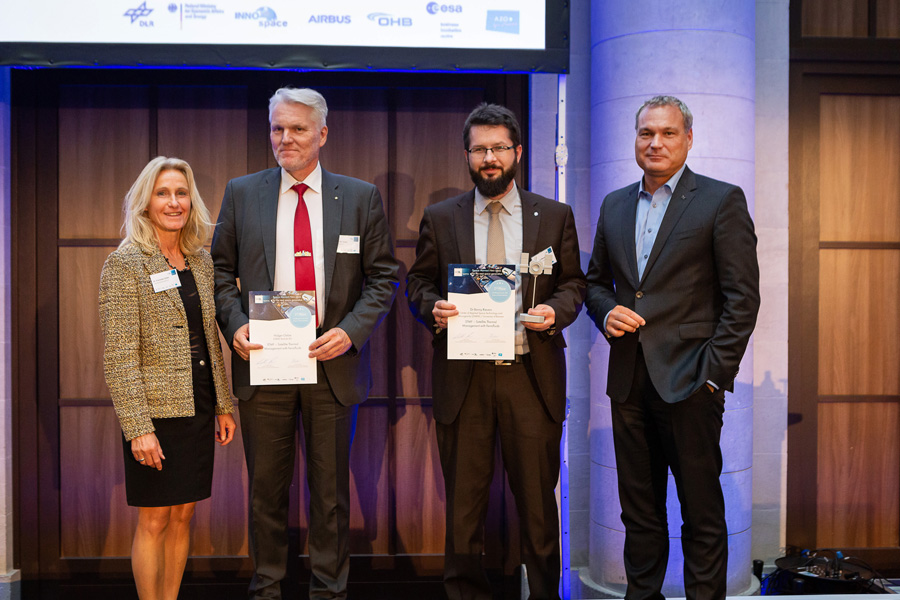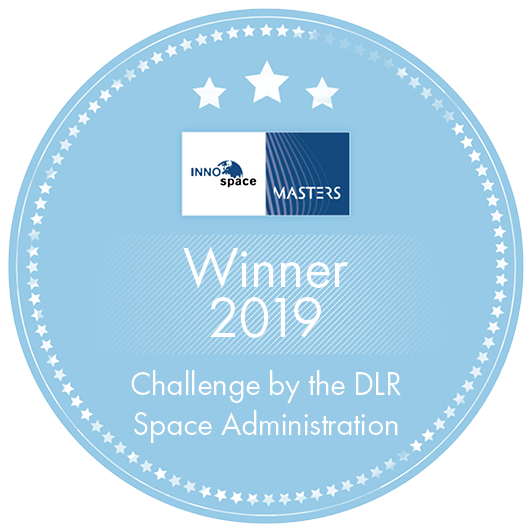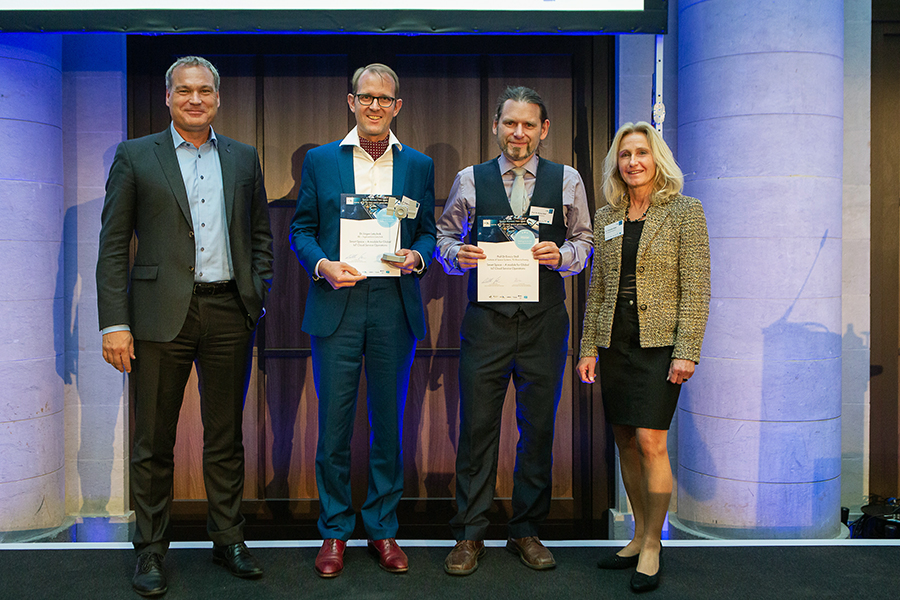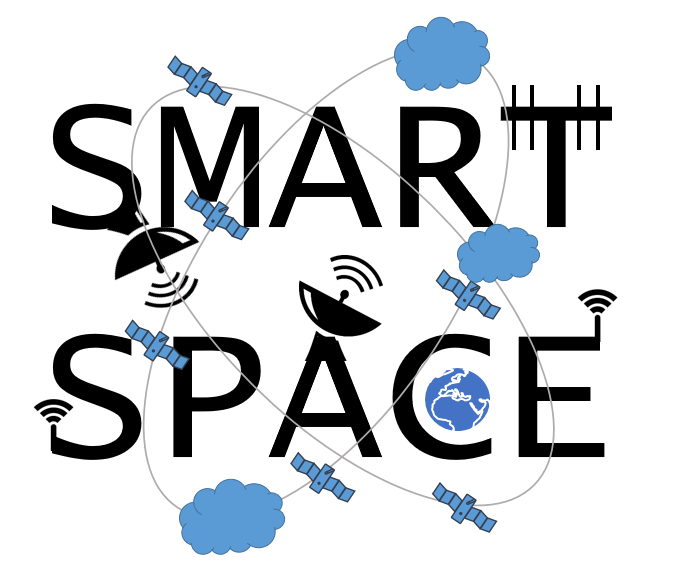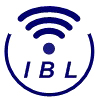STMF – Satellite Thermal Management with Ferrofluids

The thermal control system (TCS) is a critical component of satellites, one that is supposed to regulate the temperature of payloads and satellite buses under varying internal and external heat loads. Conventional TCSes use cooling fluids and mechanical pumps whose vibrations disturb payloads and sensors onboard a satellite. ZARM proposes a TCS technology based on ferrofluid cooling liquid that is pumped by magnetic fields to avoid mechanical vibrations. This TCS consists of pumping modules that are constructed from a minimum of four magnetic coils to transfer the ferrofluid. To avoid magnetic disturbances in other parts of the satellite, a μ-metal shield is placed around the pump. Since ferrofluids take on different magnetic properties when cooled or heated, permanent magnets can be employed to define prominent places where heat is absorbed. The focus lies on a scalable and modular design that can be included in a broad range of satellite missions. In particular, such missions will likely involve concepts with strongly varying thermal boundary conditions and high-precision measurements, such as for geodesy, Earth observation, or fundamental physics applications.
Benefits:
- Decreased vibrations within the thermal control system
- Improved noise environment
- Scalable, flexible, modular design that can be adapted to a broad range of thermal boundary conditions
ZARM, University of Bremen
Bremen, Germany
Dr Benny Rievers
www.zarm.uni-bremen.de
Benny.Rievers@zarm.uni-bremen.de



